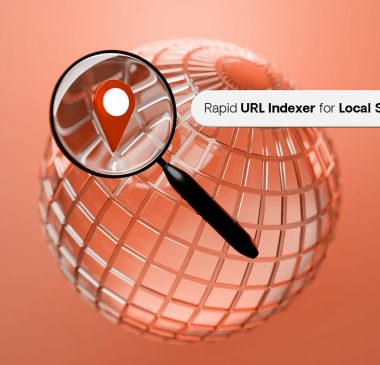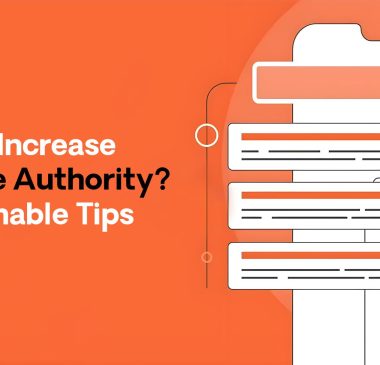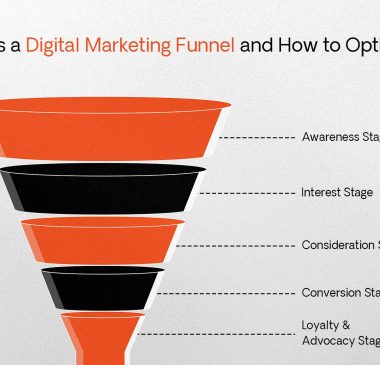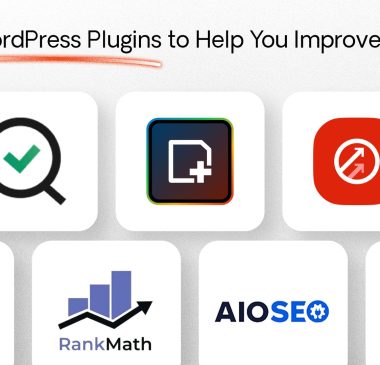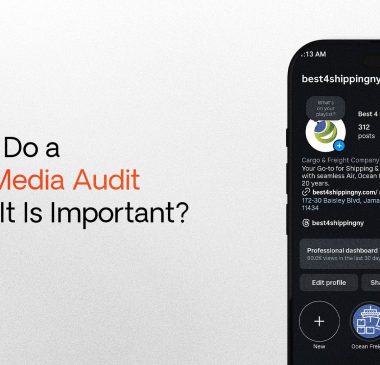A social media audit is an essential process for any business looking to refine its digital strategy and enhance its online presence. By systematically reviewing your social media accounts and their performance, you can gain invaluable insights into your social media strategy’s effectiveness and areas that require improvement. In today’s digital age, understanding the impact of your social media efforts is crucial for maintaining a competitive edge and engaging effectively with your audience.
1. The Importance of a Social Media Audit
a. Understanding Your Audience
A thorough social media audit helps you dive deep into who your audience really is. By analyzing demographics and user engagement, you can tailor your content to better suit their preferences, leading to increased satisfaction and loyalty.
b. Content Effectiveness
The relevance and impact of your content are critical. An audit assesses whether your social media posts align with your audience’s needs and your overall brand goals, helping ensure that every tweet, post, or update moves you closer to your objectives.
c. Brand Consistency
Maintaining a consistent brand voice across all platforms solidifies your brand identity and helps build trust with your audience. An audit checks for consistency in your messaging, ensuring that your brand is accurately represented everywhere.
d. Competitive Analysis
Understanding how you stack up against competitors is another vital component of a social media audit. This analysis provides insights into competitor strategies that could inform your own social media practices.
2. Preparing for a Social Media Audit
a. Setting Goals
Before diving into the data, it’s important to set clear, measurable goals. What are you hoping to achieve with this audit? Perhaps you’re aiming to increase engagement, optimize your content strategy, or streamline your messaging.
b. Gathering Tools and Resources
Effective auditing requires the right tools. Utilize platforms like Google Analytics for web traffic analysis and native insights tools from social media platforms to gather comprehensive data about your social media performance.
3. Steps to Conduct a Social Media Audit
i. Inventory of Social Media Accounts
Start your audit by listing all your social media accounts, verifying their authenticity, and ensuring they reflect your current brand strategy.
ii. Analyzing Performance Metrics
Evaluate key metrics such as engagement rates, follower growth, reach, and impressions. These indicators will help you understand the health and effectiveness of each account.
iii. Content Analysis
Review the quality and engagement of your posts. Are they achieving the desired reactions? Are they relevant to your audience?
iv. Audience Analysis
Dive into who your followers are. Understanding their behaviors and preferences can significantly enhance how you target and communicate with them.
v. Channel Specific Strategies
Each platform serves a different purpose and audience. Assess how well your strategies align with the strengths of each channel.
vi. Comparative Analysis
Finally, compare your results to those of your competitors and to industry benchmarks. This will help you identify where you stand in your market and what steps you need to take to improve.
4. Evaluating and Interpreting the Data
a. Key Performance Indicators (KPIs)
Identify which metrics are most important for your goals and why. Understanding these KPIs will focus your efforts on what truly matters.
b. Identifying Trends and Patterns
Look for long-term trends in your data. Are there noticeable shifts in engagement or follower demographics over time? These trends can signal underlying opportunities or challenges.
c. Benchmarking
Set benchmarks based on industry standards or your past performance. This helps in measuring progress and setting realistic expectations for growth and improvement.
Conclusion
Conducting a social media audit is not just about collecting data; it’s about translating insights into action. Regular audits ensure your strategy remains effective and responsive to the ever-changing digital landscape. With the detailed analysis provided by a social media audit, you’re better equipped to craft compelling content, engage meaningfully with your audience, and achieve your digital marketing goals.




